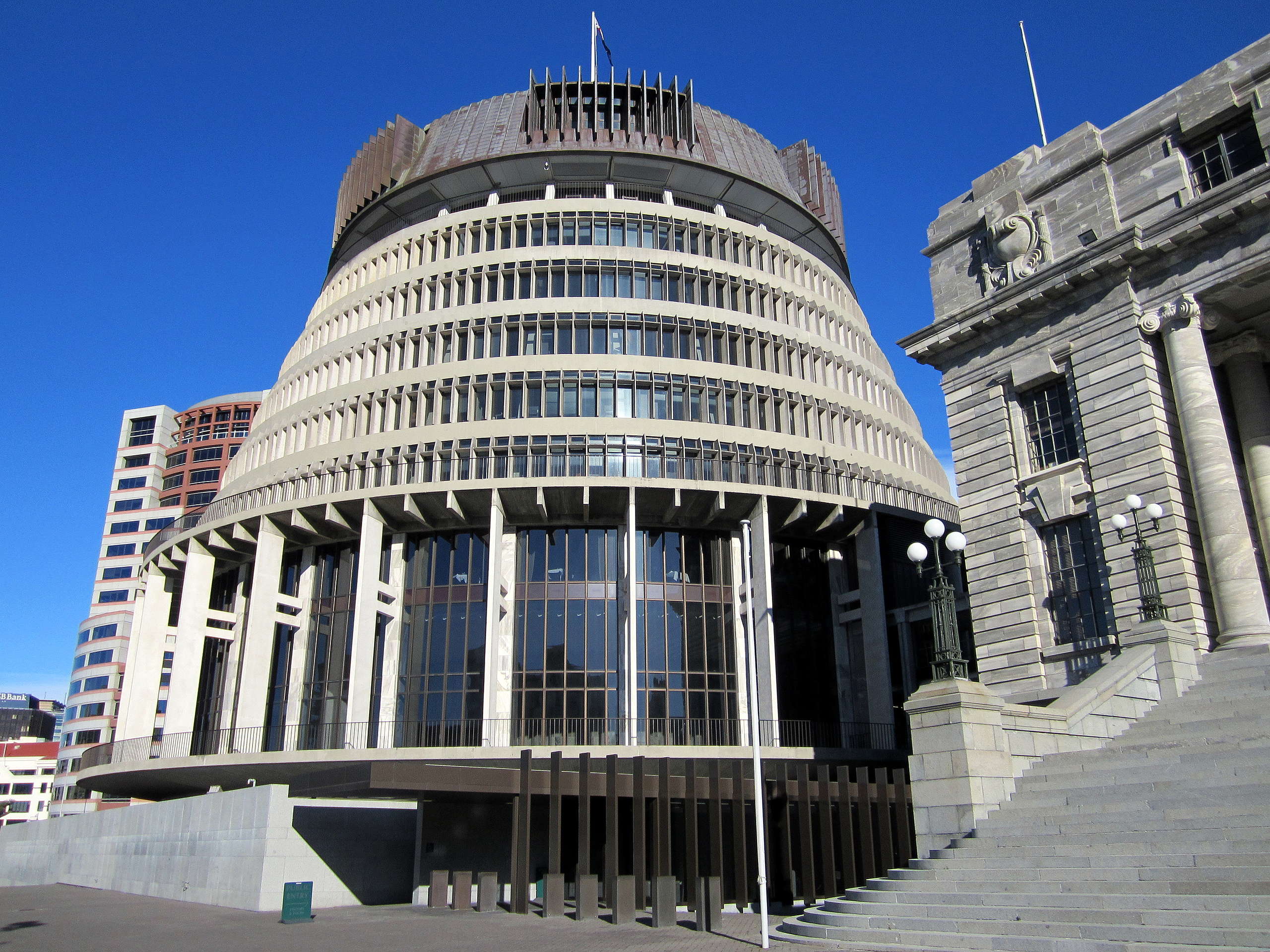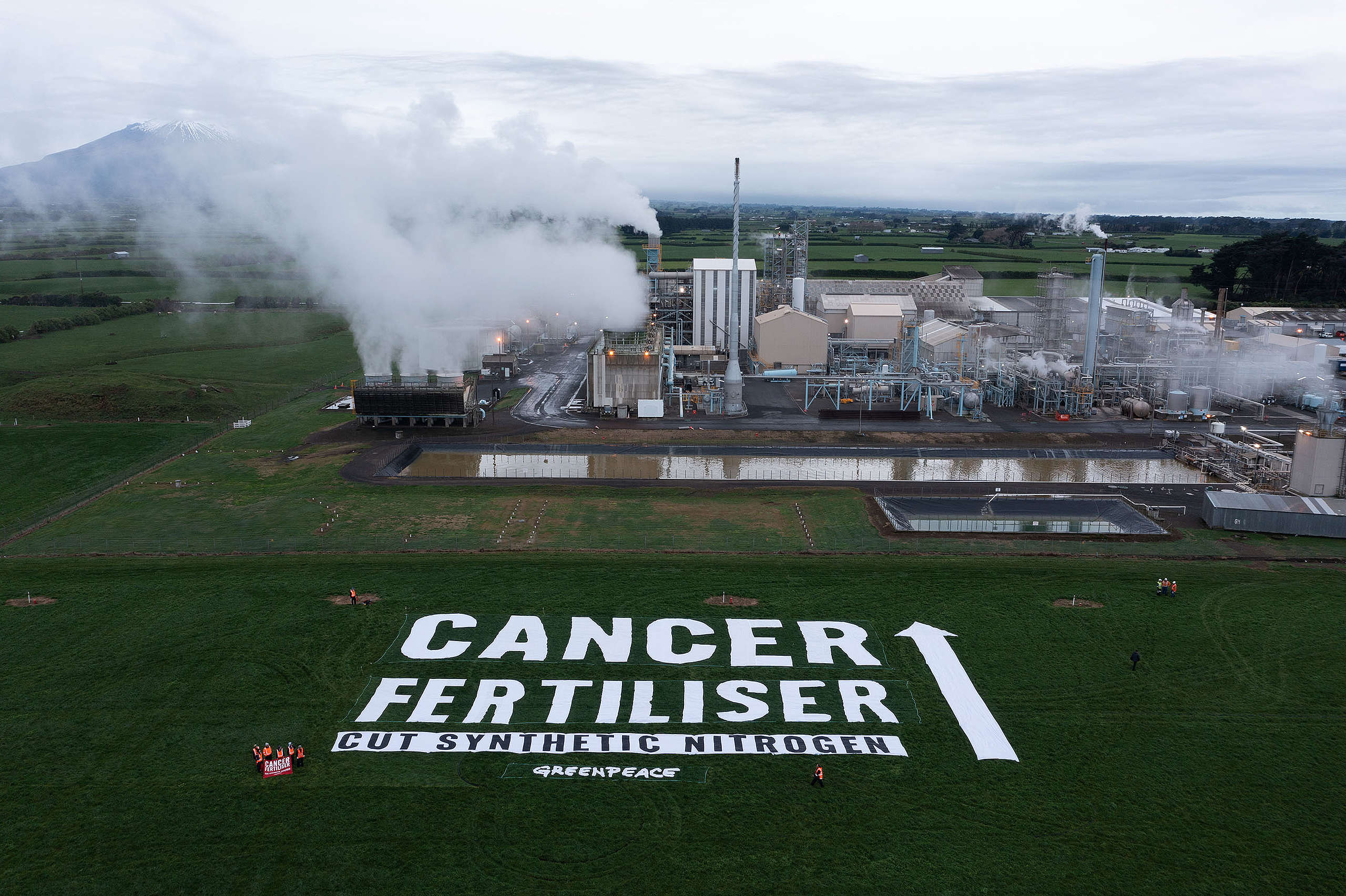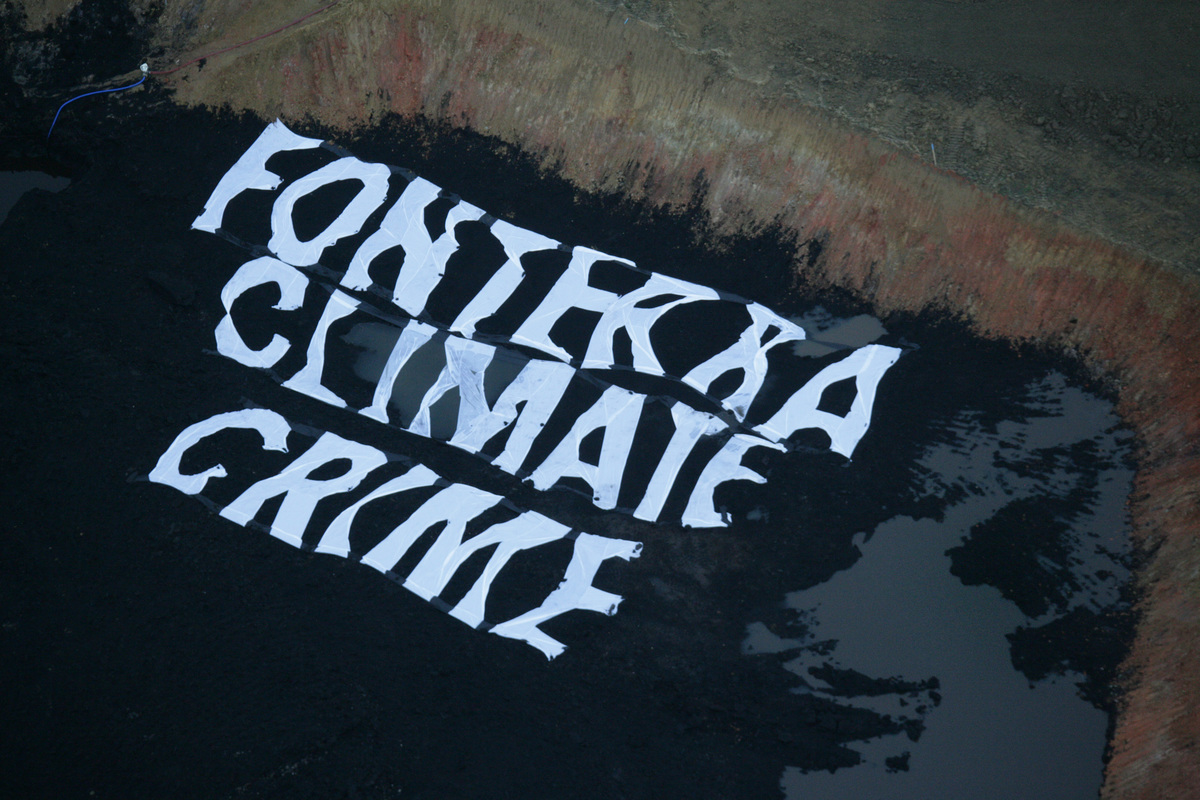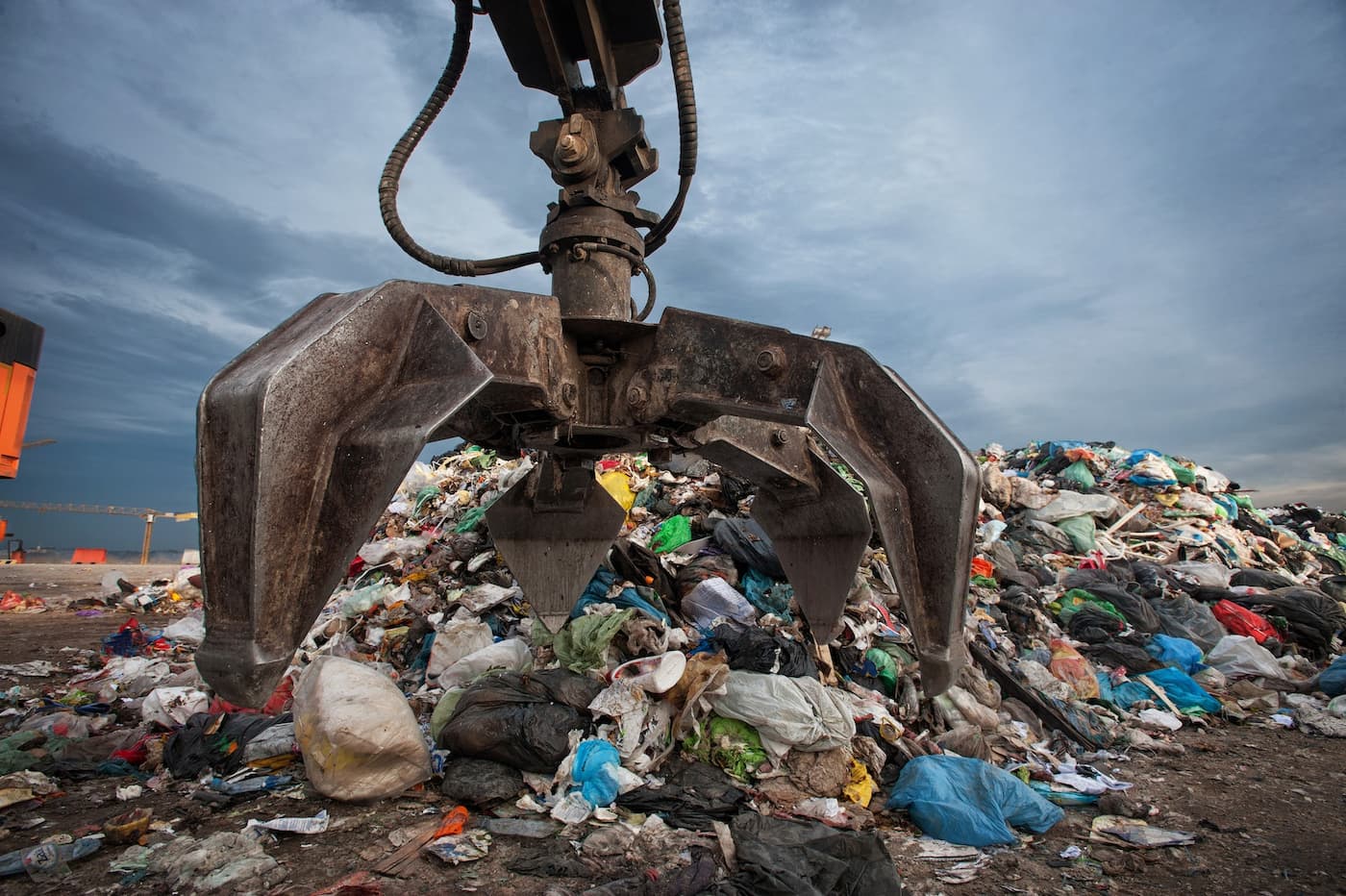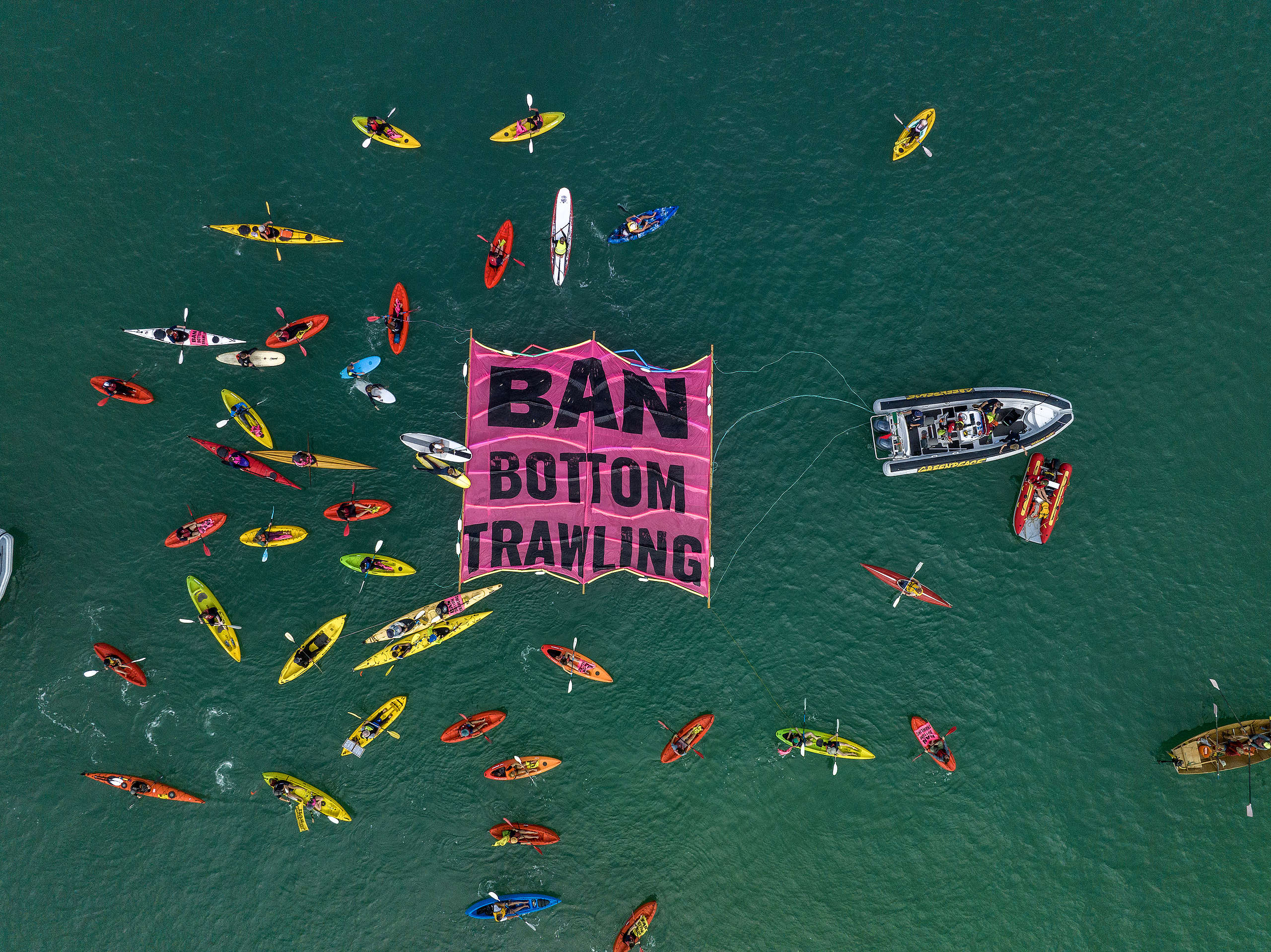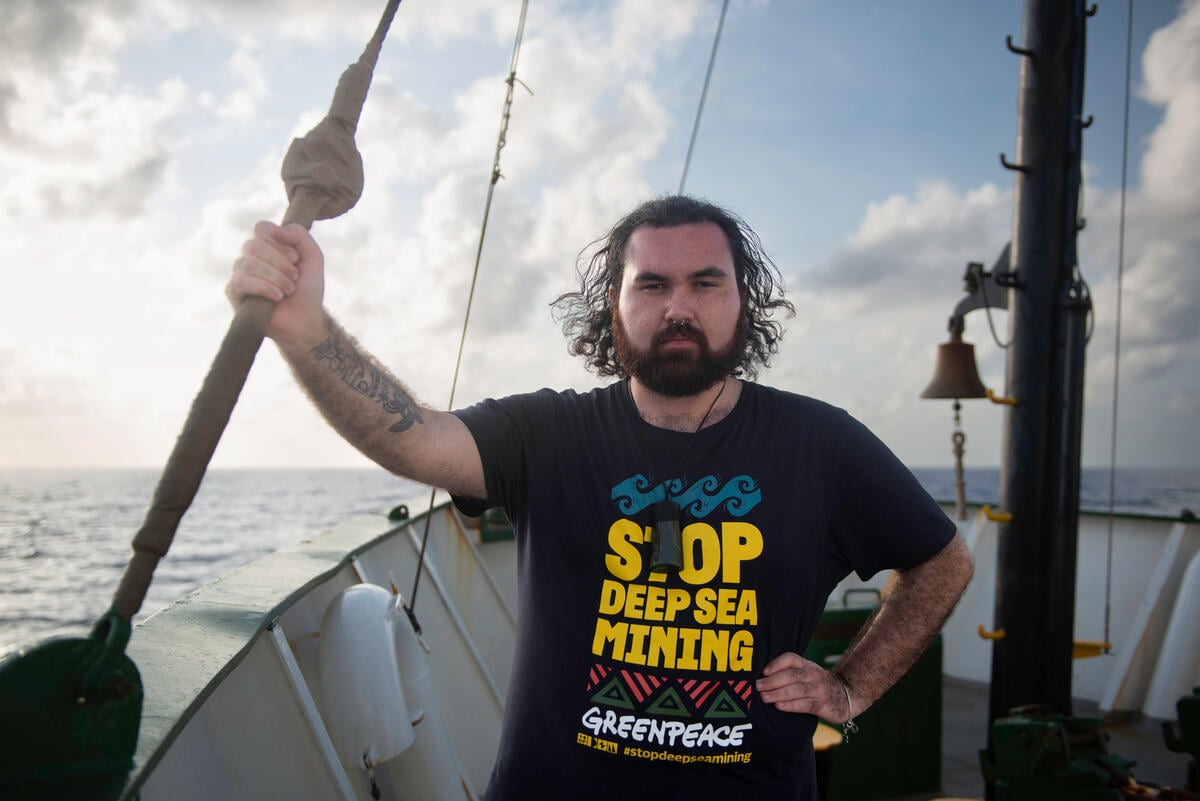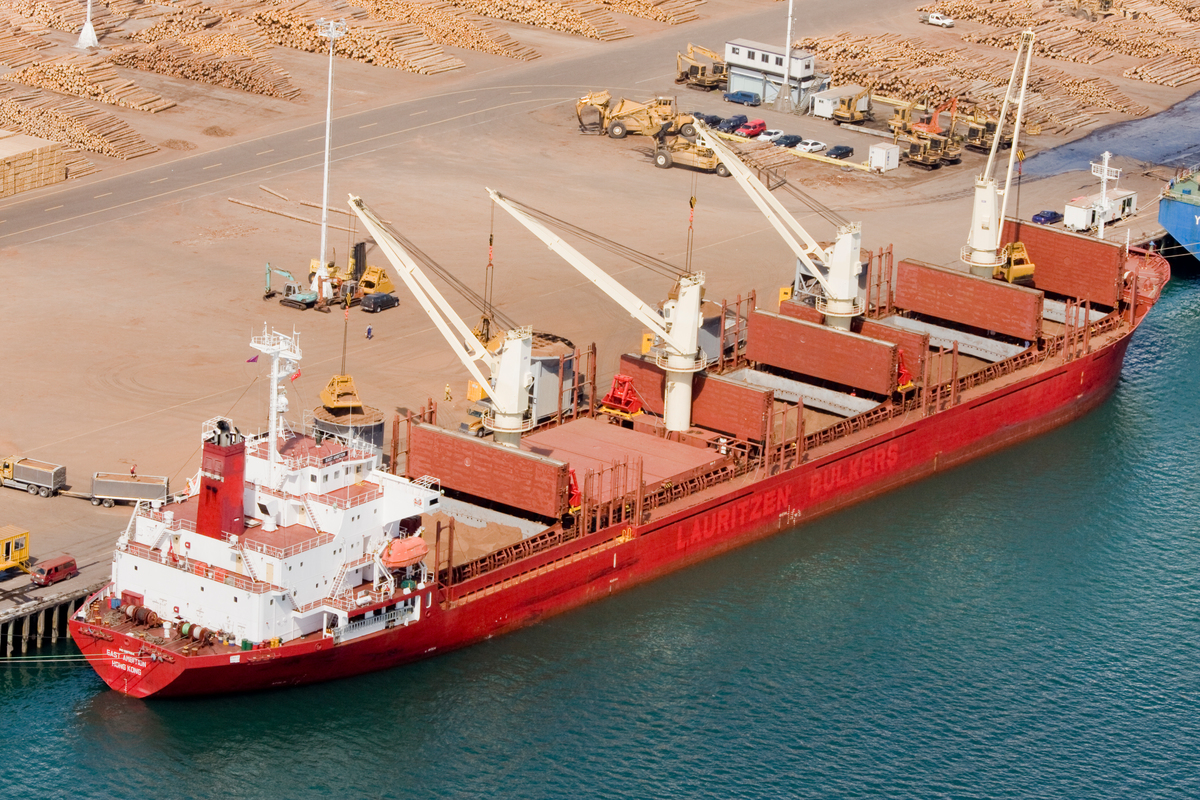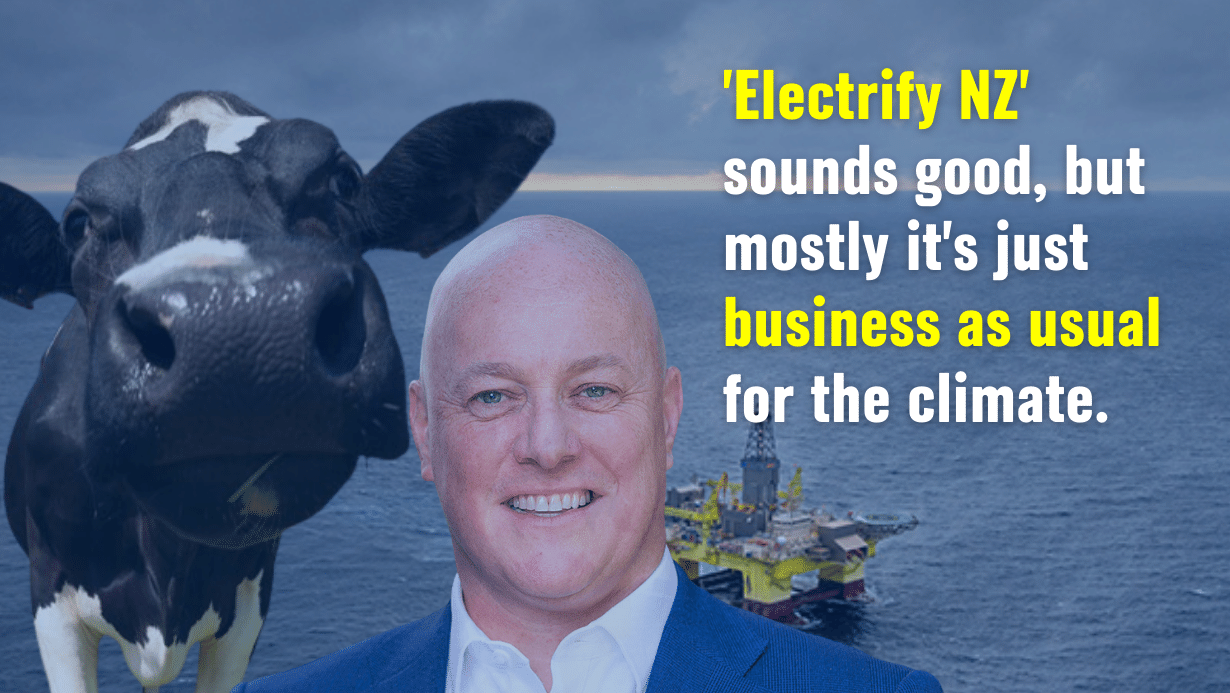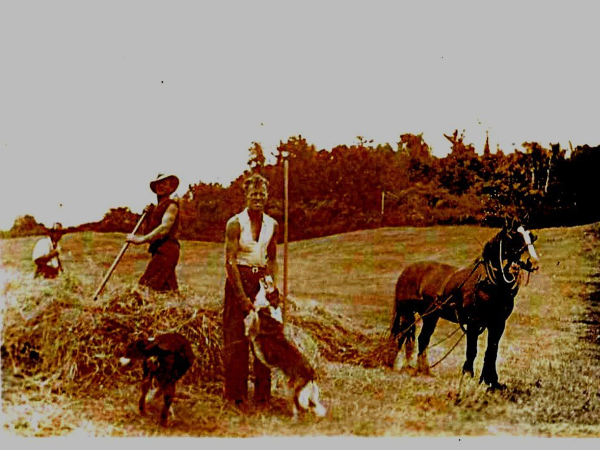-
Budget 2023: Taxpayers pay to cover the cost of Government subsidies to agribusiness climate pollution
With Budget 2023, we can see clearly the impact of the government’s decision to exclude agribusiness from the Emissions Trading Scheme, and to reject Climate Commission advice on strengthening the ETS.
-
Hiringa, green hydrogen and why Greenpeace opposes the Ballance urea plant expansion
Spoiler: Greenpeace is not opposed to wind turbines or green hydrogen. In fact, we support them. What we don’t support is a blank cheque for Hiringa and Ballance to produce…
-
Predatory delay on climate action by Fonterra, Dairy NZ and Federated Farmers
The ETS, emissions pricing, agribusiness, and the politicians who taught an industry that it is far cheaper to invest in lobbying than emissions reductions.
-
Why waste-to-energy incineration is a bad idea and not the answer to NZ’s plastic waste crisis
New Zealand is ranked the third-most-wasteful country in the OECD. New Zealanders produce five times the global daily average of waste per person – and they are getting more wasteful,…
-
Hundreds turn out to oppose Hauraki Gulf bottom trawling
A flotilla of crafts surrounding a massive ‘ban bottom trawling’ banner has gathered just off Mission Bay in Auckland this morning in a show of mass opposition to bottom trawling…
-
Deep sea mining and neocolonialism in the Pacific
The recent milestone of the Global Oceans Treaty, which aims to protect marine biodiversity and regulate human activities in the high seas, was a hard-won victory for the international community.…
-
Why using more fertiliser and feed does not necessarily raise dairy farm profits but does increase harm to the climate
New Zealand is in an unusual position in the developed world when it comes to greenhouse gas emissions. About half of all emissions come from agriculture, and almost a quarter…
-
MfE report shows widespread water contamination caused by intensive dairy
A new MfE report released today on the state of New Zealand’s freshwater, highlights widespread impacts of intensive dairying on the environment and people’s health and should spur the Government to act, says Greenpeace Aotearoa.
-
Is National’s ‘Electrify NZ’ renewable energy policy any good?
After years of nothing but crickets from National on climate change, party leader Christopher Luxon finally launched a policy promising to deal with the greatest existential threat of our time - but is it any good?
-
Who’s farming the farmers?
What was dairy farming like before Fonterra? Wendy Reid remembers back to what it was like growing up on a mixed dairy, pig, sheep farm.

